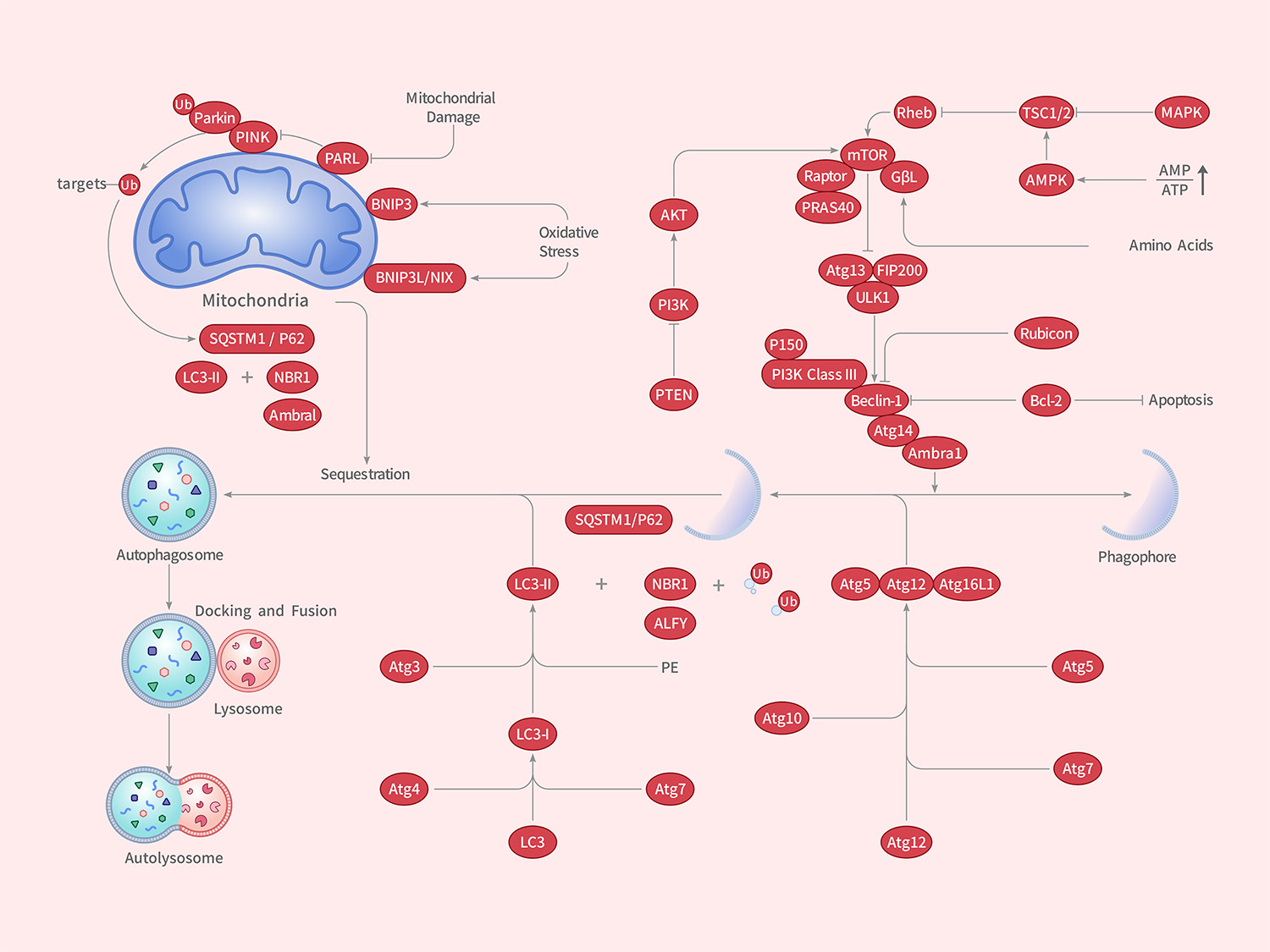Autophagy is the natural, regulated mechanism of the cell that removes unnecessary or dysfunctional components. Three forms of autophagy are commonly described: macroautophagy, microautophagy, and chaperone-mediated autophagy (CMA). In macroautophagy, expendable cytoplasmic constituents are targeted and isolated from the rest of the cell within a double-membraned vesicle known as an autophagosome, which, in time, fuses with an available lysosome, bringing its specialty process of waste management and disposal; and eventually the contents of the vesicle (now called an autolysosome) are degraded and recycled. Autophagy and its dysregulation have been implicated in different human diseases or processes, such as cancer, neurodegeneration, immunity, or aging. Plenty of drugs and natural products are involved in autophagy modulation, either inducing or inhibiting autophagy, through multiple signaling pathways. Small molecules that can regulate autophagy seem to have great potential to modulate the clinical course of neurodegenerative diseases or promote chemotherapeutic response in tumor models. Besides, several clinical drugs and compounds in diabetes are also found to involve regulation of autophagy.


